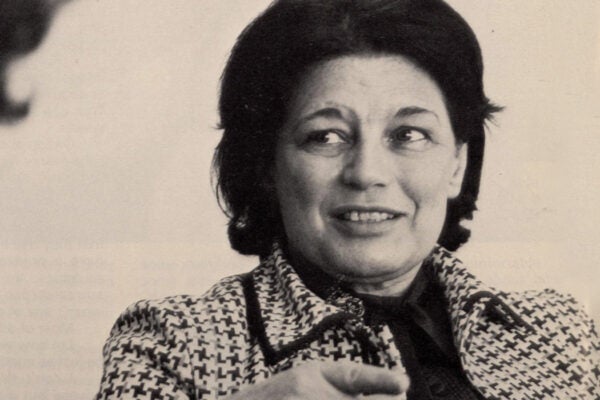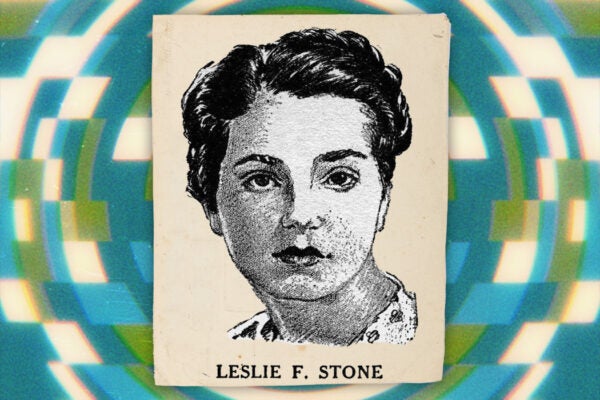Remembering Mavis Gallant
Shaped by her Canadian origins and early work as a journalist, expatriate Gallant used the short story to examine the sociopolitics of post-war Europe.
The Post-Millennial Poe, or, Edgar Allan Holmes?
In life, Edgar Allan Poe was best known as a literary critic. Today, he’s best remembered for his disquieting tales...but that may be changing.
Pulp Woman: Leslie F. Stone
Cloaked in an ambiguous pseudonym, Stone was one of the first women to write science fiction for the pulps.
The Editor Who Drove Hemingway Away
Harry C. Hindmarsh, assistant managing editor of the Toronto Daily Star, knew how to get under Ernest Hemingway’s skin.
The Two Worlds of Patrick White
In writing and life, the Australian Nobel Laureate was ever preoccupied by the search for spiritual meaning and the fraught relationship between God and blundering humanity.
Zelda Fitzgerald on F. Scott’s Writing
Zelda’s satirical review of F. Scott's second novel, The Beautiful and the Damned, revealed much more than her wit.
L. M. Montgomery’s Plain Jane
Though not as well known as Anne of Green Gables, Montgomery's Jane of Lantern Hill also explores domesticity, freedom, and, yes, Prince Edward Island.
When Aldous Huxley Dropped Acid
In Hollywood, the esteemed ex-pat made the acquaintance of Alfred Hubbard, a Kentucky-born smuggler of ill-repute who introduced him to a brave, new world.
“The Crocodile,” Dostoevsky’s Weirdest Short Story
Why being eaten by a crocodile named Little Karl is really a lesson in the dangers of foreign capital.
Revolutionary Writing in Carlos Bulosan’s America
Bulosan’s fiction reflects an awareness of the inequality between the Philippines and the US and connects that relationship to his own class experience.









